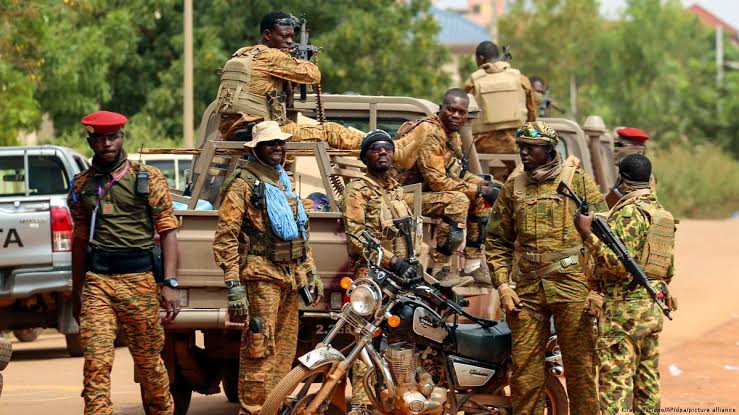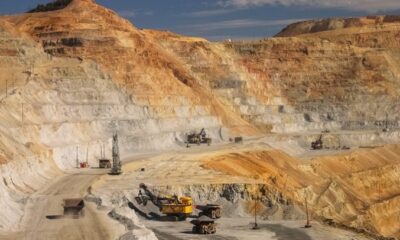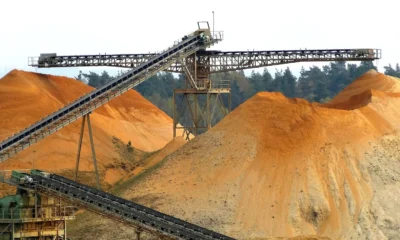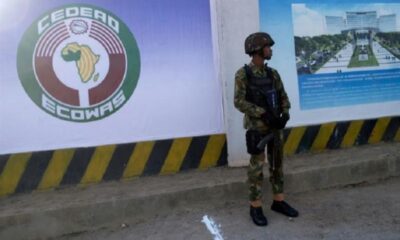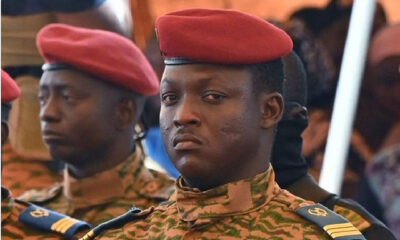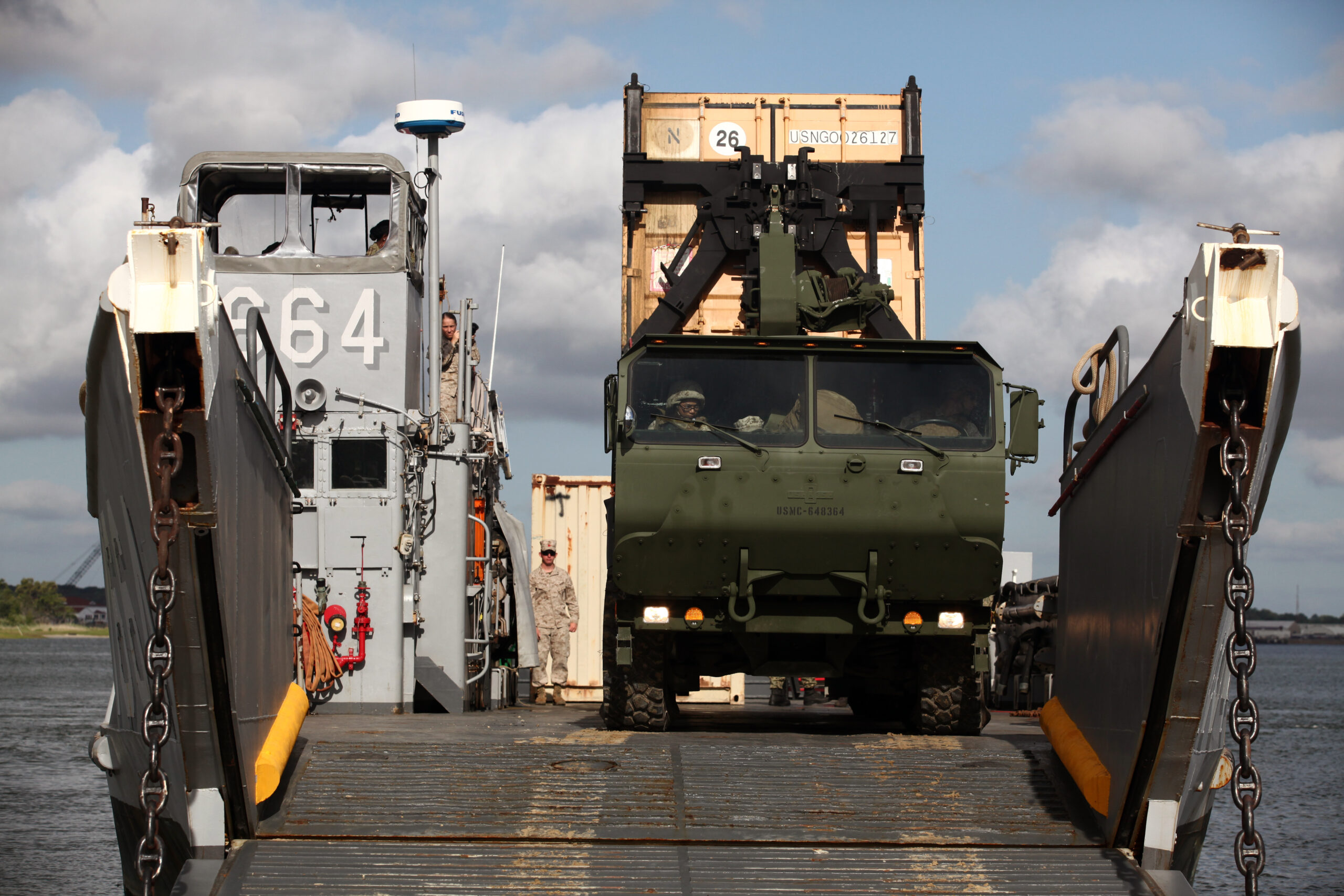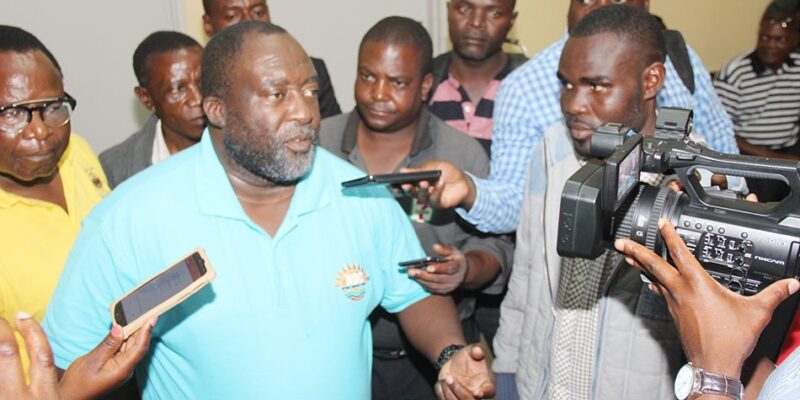Global human rights group, the Human Rights Watch (HRW) has indicted the Burkina Faso military of engaging in torture, extrajudicial killings and forced disappearances of civilians in the country.
In a report released on Thursday, the HRW said the military had been known to terrorize communities in the country’s northeast this year.
“For instance, the violence took place between February and May across the province of Séno was reportedly carried out by the military,” the report noted.
It added that observers identified at least 27 people who were either summarily executed or disappeared and then killed, most of them members of the Fulani ethnic group.
The report by the New York-based group is coming in the wake of a massacre in April of which residents say security forces killed at least 150 civilians in Karma, a northern village near the Mali border.
“In one account, 10 men in the village of Gangaol, all of the Fulani ethnic group, were hauled away in the backs of trucks, pushed out, and fired upon,” the watchdog report said.
“In the cases we documented, most of those who have been victims of these crimes were from the Fulani ethnic group,” a senior regional researcher at Human Rights Watch, Ilaria Allegrozzi, said.
“The Fulani people in Burkina Faso and Mali have been accused of collaborating with Islamic extremists, and as a result have often been targeted by security forces and others, he noted.
“The upsurge in violence comes as the nation’s government recently pledged to double its number of volunteer auxiliary military units, known as VDPs, to 100,000.
“The recruitment of VDPs has coincided with an increase of abuses by both sides.
“Just as Burkinabe soldiers strike villages suspected of harboring extremist elements, the presence of army recruiters in a Burkina Faso community often invites violent intimidation by armed groups.
“I think it’s also important to recognize that they are fighting a legitimate war,” Allegrozzi added.
“Executions and disappearances by Burkina Faso’s army are not only war crimes, but they breed resentment among targeted populations that fuel recruitment to armed groups”, he stated.
Deputy Africa Director at Human Rights Watch, Carine Kaneza Nantulya, who contributed to the report, said, “Burkina Faso should ensure that provost marshals, who are responsible for discipline in the armed forces and detainees’ rights, are present during all military operations.”
She stressed that the country’s transitional authorities should work with the U.N. Human Rights office to hold offenders within its military’s ranks accountable.

 Metro2 days ago
Metro2 days ago
 Sports2 days ago
Sports2 days ago
 Culture2 days ago
Culture2 days ago
 Politics2 days ago
Politics2 days ago
